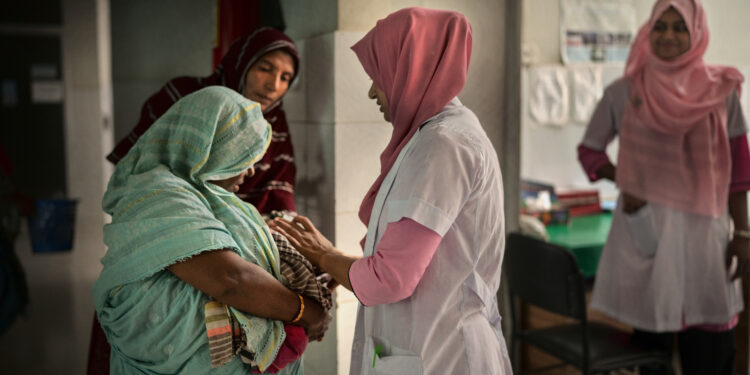This website uses cookies so that we can provide you with the best user experience possible. Cookie information is stored in your browser and performs functions such as recognising you when you return to our website and helping our team to understand which sections of the website you find most interesting and useful.
Resources
Midwives improve reproductive health and pregnancy outcomes for women, gender diverse people, and newborns. ICM has developed the tools midwives’ associations (MAs) need to educate, deploy, regulate and sustain the profession.
Access these resources, including global standards and competencies, tools, and guidelines, below.










